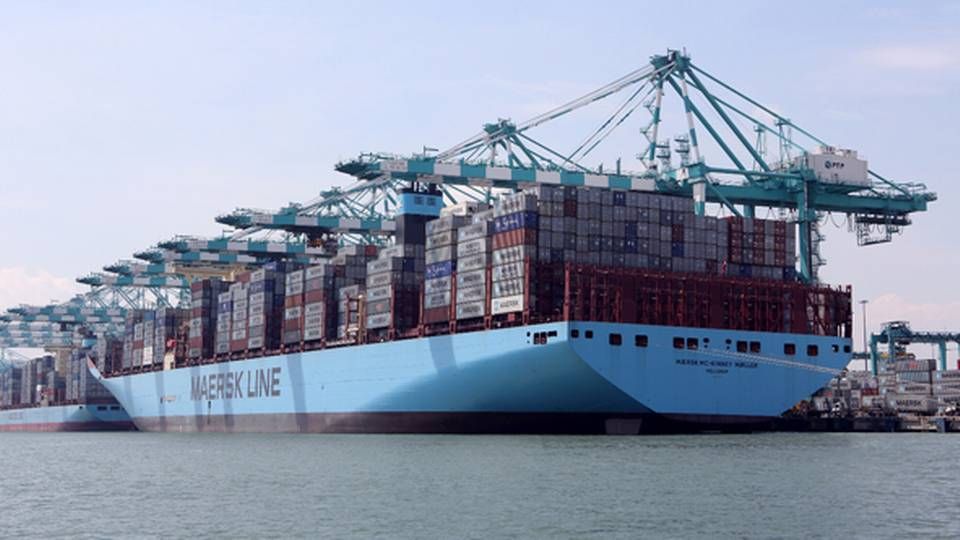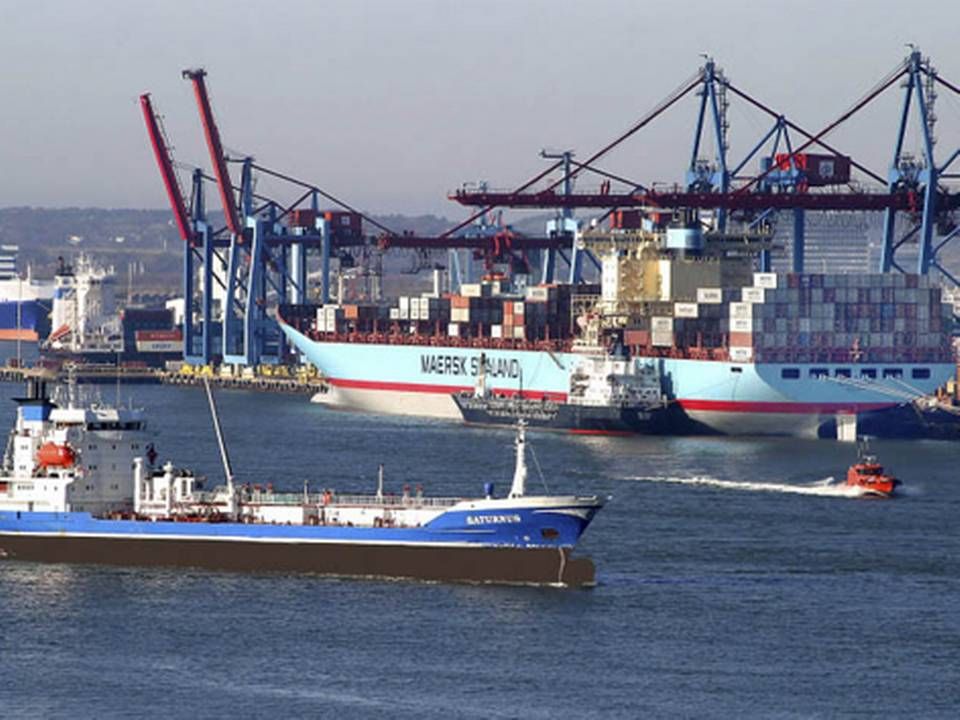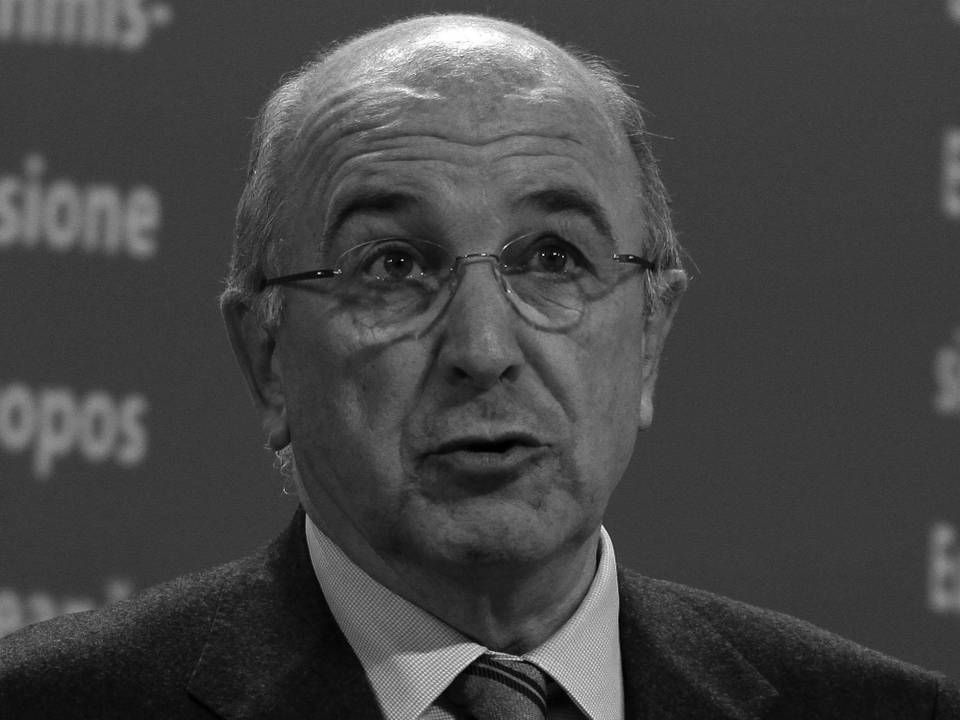This is the rule 14 carriers are suspected of violating

Does it amount to price coordination when container carriers announce their intentions of - or desire to - increase the price of transporting a container from, for instance, Rotterdam to Shanghai?
The EU's Commissioner for Competition, Joaquín Almunia believes that this could constitute a degree of price coordination, or concerted practice, when carriers such as Maersk Line or Hapag-Lloyd announce their plans to increase the rates on certain routes. The announcements are picked up by the media, which publicizes them, and the competitors will often follow along in what Brussels considers a somewhat coordinated effort.
EU launches competition proceedings against container lines
ShippingWatch has discussed the case with sources in the EU-Commission's Competition Authority, who explain that the case is based primarily on Section 63 of the EU competition law. This section concerns the rules of unilateral cooperation, referring to cooperative agreements between companies that occupy the same position in the transport chain, and these are the rules that the EU will now use to scrutinize the carriers. §63 states that:
"Where a company makes a unilateral announcement that is also genuinely public, for example through a newspaper, this generally does not constitute a concerted practice within the meaning of Article 101(1) (10). However, depending on the facts underlying the case at hand, the possibility of finding a concerted practice cannot be excluded, for example in a situation where such an announcement was followed by public announcements by other competitors, not least because strategic responses of competitors to each other’s public announcements (which, to take one instance, might involve readjustments of their own earlier announcements to announcements made by competitors) could prove to be a strategy for reaching a common understanding about the terms of coordination."
Two principles
That is: On the one hand, the announcement indicates that this behavior does not damage the competition. But on the other hand, it could damage the competition if competitors follow suit.
EU basically operates with two principles in competition distorting behavior: The one that is reached through written or verbal agreement, and the one that happens "by itself," because there is a common understanding that this is good for the industry. In the case of the 14 carriers, the latter example applies, as there is no smoking gun - at least not yet.
But a concerted practice, which is the term used by the EU, could also be in violation of the rules. Or as the competition law says:
"[T]he concept of a concerted practice refers to a form of coordination between undertakings by which, without it having reached the stage where an agreement properly so-called has been concluded, practical cooperation between them is knowingly substituted for the risks of competition."
Read more about the EU's rules to prevent competition distorting behavior amongst shipping companies, and others, here.
EU: New competition case will not affect P3 process
SeaIntel: EU faces difficult case against container carriers
Related articles
SeaIntel: EU faces difficult case against container carriers
For subscribers
Alphaliner: EU case challenges carriers rate practice
For subscribers
EU: New competition case will not affect P3 process
For subscribers




















